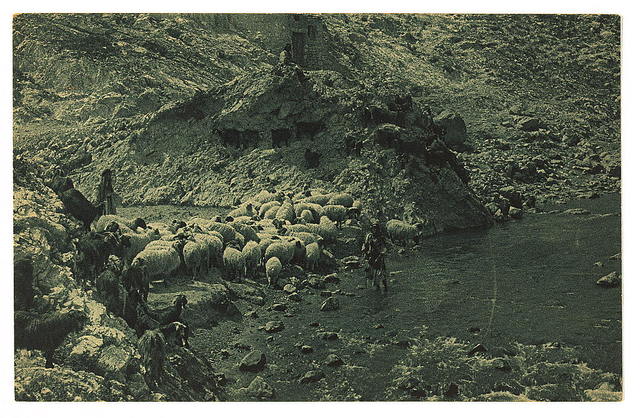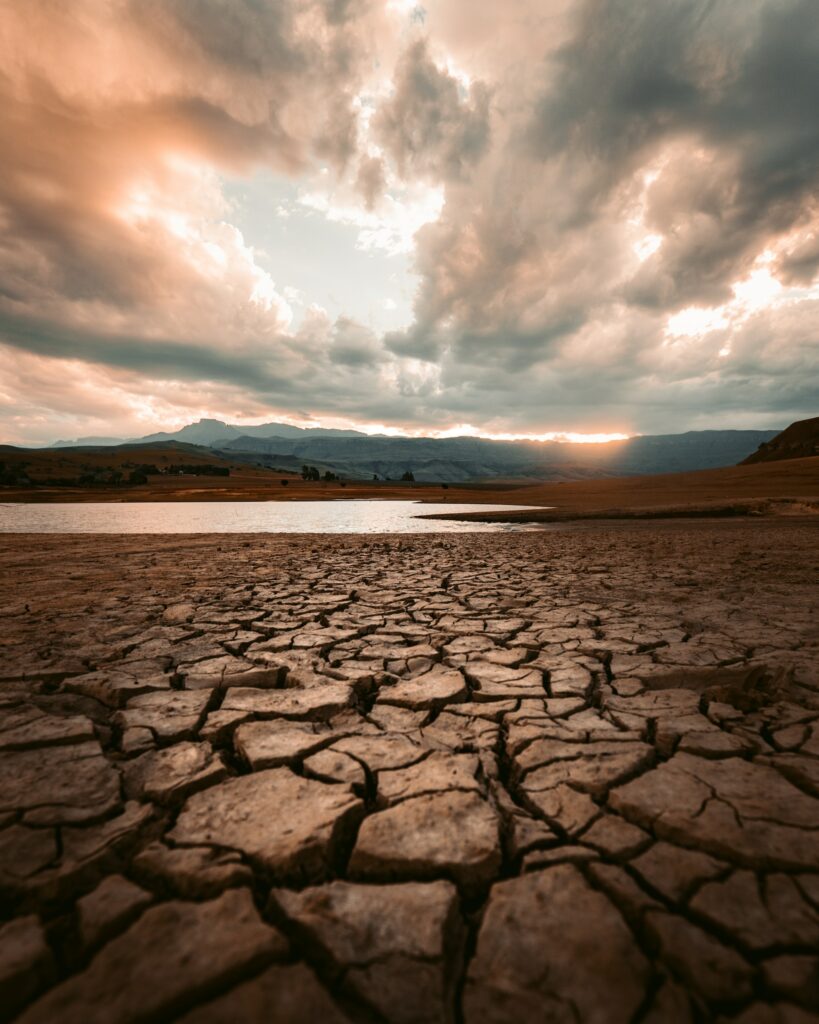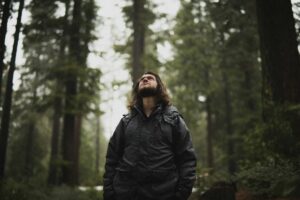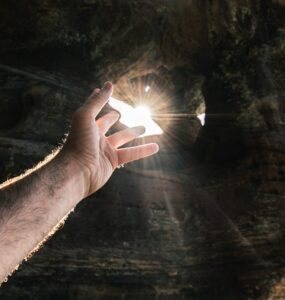Dependent on God… in Bountiful Times?

Have you ever noticed that when a prosperous season comes to you, the Lord will often send you away to a place of separation, somewhere that leaves you dependent on God? It won’t necessarily be to an isolated shack in the middle of a desert or a forest; in fact, you may never even leave your own home.
Instead, it will most likely be to a place where you are removed from regular contact, perhaps with close friends or relatives, or maybe those you work with. You would very likely have difficulty fulfilling even your daily needs through them anyway. You may try to seek assistance instead from someone else you know, or perhaps through some public service, only to be politely turned down. You will probably reach a point where your main source of sustenance seems to just disappear.

Being Made Dependent on God Often Leads to Self-pity
It is at this point that you will likely question God about your current circumstances, with the thought that something has gone seriously wrong here! Feelings of self-pity begin to spring up from sources previously unknown to you. Your thinking begins to be dominated by the mindset that “practically everyone else is doing well, so why can’t I do well too?”
What you fail to realize is that this is just the place where He wants you to be! He doesn’t want you feeling sorry for yourself. In your time of desperation, His goal is for you to no longer be centered on self-reliance, but on developing and increasing your God-reliance. We are to be dependent on God.
We find Elijah, a prophet of God in the Old Testament, at a time when he was also separated from others and led into a position where he was forced to be dependent on God.
At that particular period, Israel had drifted away from God, and He brought a drought into the land through Elijah as a result. “…Elijah …said unto Ahab [the king], As the Lord God of Israel liveth, before whom I stand, there shall not be dew nor rain these years, but according to my word” (1 Kings 17:1).
Elijah Was Urged by God to Leave a Prosperous Area
Even though the rains did stop and the dew no longer formed, the land did not immediately cease being prosperous. Yet God told Elijah, “Get thee hence, and turn thee eastward, and hide thyself by the brook Cherith, that is before Jordan. And it shall be, that thou shalt drink of the brook; and I have commanded the ravens to feed thee there” (1 Kings 17:3, 4).
Elijah knew that he had to remove himself from the presence of the king and his officials after publicly making the proclamation of no rain. But he could have discreetly stayed somewhere in the region for a while. After all, the land was still producing abundantly and the people still had plenty. Yet he “did according unto the word of the Lord: for he went and dwelt by the brook Cherith, that is before Jordan” (1 Kings 17:5) before the drought began to take its toll. Notice that God sent him to a brook, not a river. This particular brook was a seasonal stream anyway, and it would not last.
We are, in flourishing times or in lean times, to be dependent on God. Elijah’s assigned brook was feeble, but God could have kept it continually flowing, and He could have even provided additional birds to deliver more food.
Sent to a Place Where He Was Dependent on God
“…it came to pass after a while, that the brook dried up, because there had been no rain in the land” (1 Kings 17:7). God surely could have led Elijah to the Jordan River, or some other large body of water. And even Elijah’s food was brought in by the birds, since there were no herds that could have continually sustained him grazing nearby. Once again, God had Elijah where He wanted him, just like He has you.
We are, in flourishing times or in lean times, to be dependent on God. Elijah’s assigned brook was feeble, but God could have kept it continually flowing, and He could have even provided additional birds to deliver more food. Elijah could have tried digging a well, or searching for work with a sheepherder or farmer. It would have been a very difficult journey, but the possibility existed for him to go to another region or country that had plenty to eat and drink. But to do so would only have separated him from the will of God.

It was God who placed Elijah into this situation, but it was not permanent, because God did not intend for him to stay there long. When the brook dried up later, Elijah was forced to move on. But even after it dried up and the birds ceased to provide for Elijah, God still made a way through a widow nearby. Not only was Elijah sustained then by her, but the woman and her son were also blessed to overflowing! If Elijah was sent to a large river instead, that didn’t dry up, he would have very likely show no need to be dependent on God, and would not have left the area.
During a season of prosperity, a Christian can stop being dependent on God so easily.
We Are to be Dependent on God for His Faithfulness
But He wants us to look to Him, not on what He gives us, or on what the world provides. Even if your rain and dew do not stop, the brook will still cease to flow. The birds will also no longer supply your needs. This is not accidental—God has intended it to be this way. As your Heavenly Father, it is not His desire for you to be self-reliant and not dependent on God. Follow Elijah’s example by looking to Him and depending on His faithfulness, and not by looking to others or the world around you for your sustenance.
“It is of the Lord’s mercies that we are not consumed, because His compassions fail not. They are new every morning: great is Thy faithfulness. The Lord is my portion, saith my soul; therefore will I hope in Him. The Lord is good unto them that wait for Him, to the soul that seeketh Him.”
Lamentations 3:22-25
[Additional image credits: Featured image (when applicable) by Ben Curry on Unsplash; Opening image fromLibrary of Congress on Picryl]




